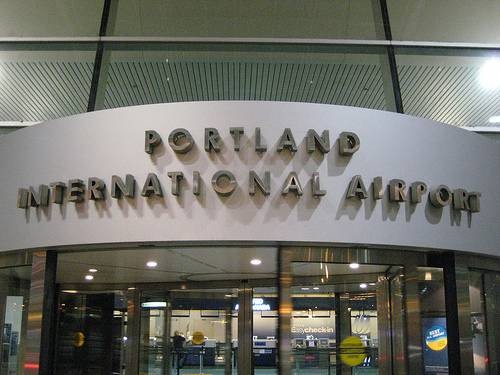Biz Spotlights
Behind the Scenes: Waste reduction and composting at PDX
Many businesses in Clark County are either considering or starting up collection programs for food scraps. But why compost food scraps? Across the river, PDX has a history of composting and waste prevention that demonstrates the long-term financial and environmental benefits.
PDX has been composting since 2003, when it started diverting food scraps from its terminal. As of 2017, they have prevented 5,513 tons of compostable material from going into landfills. They calculated a savings of $9,685 in 2017 due to diverting 323 tons of food waste from going into the trash.
Since 2013 PDX has donated 233 tons of food through Urban Gleaners, which is equivalent to 463,297 meals saved.
The secret to successful composting and food donation programs at PDX is in the diligence of employees. To manage composting efforts, PDX has a Waste Minimization Team that monitors and researches the waste going into their Central Waste Area. This allows them to intercept problems that arise and teach other employees how to compost. The Central Waste Area makes it simpler for the Waste Minimization Team to track what goes into compost bins because all waste is going to the same location.
Keeping employees and managers engaged is an important aspect of effective waste diversion. Every year from April to June the Waste Management Team keeps enthusiasm up by having a campaign called Sort It & Win. This program rewards engaged employees and managers who compost and teaches others how to keep food waste from going in the trash.
In June the Association of Oregon Recyclers named PDX the 2018 Recycler of the Year for businesses or institutions. They received this recognition because of their Green Plate Pilot program. The aim of the Green Plate Pilot program was to reduce waste by switching disposable dishware with durables for three months in one of the airport's dining areas. This program reduced their to-go waste by 73% and saved individual restaurants $150-$700 a month.
The Portland International Airport is an example of how composting and waste prevention are in.
Here are some tips from PDX for a successful waste reduction and composting programs:
1. Create an employee mentorship program to pair food waste experts with new hires.
2. Offer "two-minute trainings" on topics including storage best practices and portion size.
3. Implement an employee reward system for a job well done.
4. Make posters with food waste opportunities and goals for the next month. Be sure to discuss the results!
5. Get creative – Repurpose your leftover food by using edible food scraps in other dishes.



